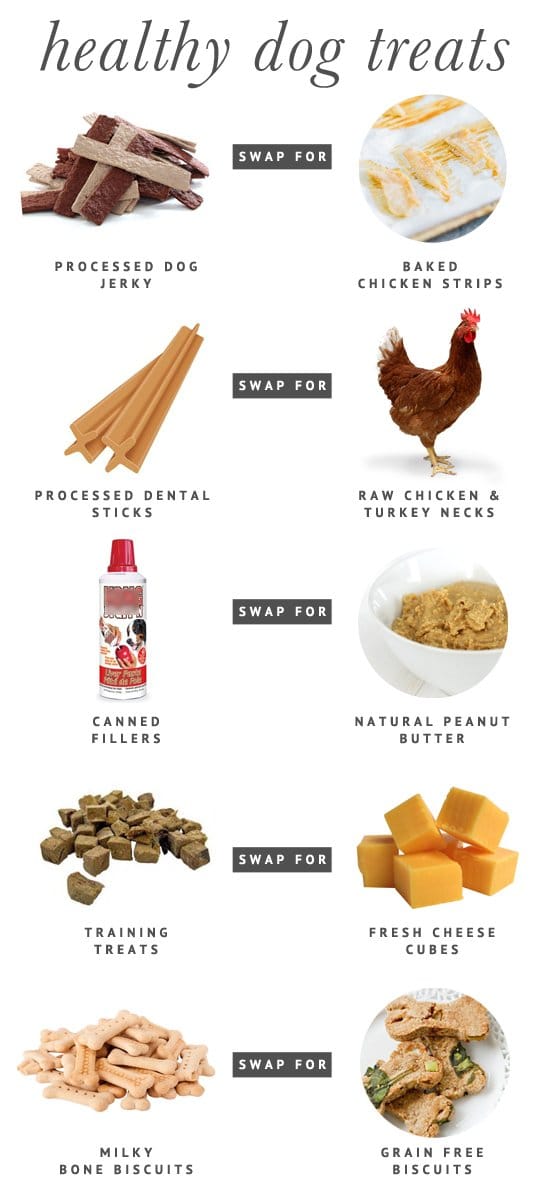Many dog owners enjoy sharing their snacks and food with their canine companions. However, it’s crucial to be mindful of what you feed your dog, as certain foods can lead to weight gain or even be toxic. This guide from our Carlsbad veterinarians offers healthy snack alternatives and natural treats for your dog.
The Importance of Choosing Healthy Treats & Snacks for Dogs
While dogs are known for their love of treats, these can significantly contribute to their calorie intake, negatively impacting their weight and overall health if not given in moderation. Therefore, limiting your dog’s snacking and opting for healthier choices is essential.
Why Be Cautious with Regular Dog Treats?
Standard commercial dog treats are often high in calories, sometimes rivaling a scoop of their regular kibble. This high caloric content can make weight management a challenge for many dogs. Additionally, many commercial treats contain fillers and preservatives. While some offer nutritional benefits, it’s wise to limit their consumption and explore healthier alternatives.
Wholesome Treat Options for Your Dog
If you’re focused on managing your dog’s weight or simply want to ensure they have a healthy diet, consider these nutritious and delicious snack options:
Apples
After removing the core and seeds, apple slices make a fantastic, refreshing treat for dogs. Apples are rich in vitamin C and fiber, and their crunchy texture is usually a hit with most dogs.
Green Peas
Peas are a favorite among many dogs and provide beneficial vitamins and zinc. Whether fresh or frozen, they serve as an excellent training reward or a healthy snack addition to their meals.
Carrots
Packed with beta-carotene and essential vitamins, carrots are a healthy snack choice for dogs. Ensure they are cut into appropriately sized pieces, especially for dogs prone to swallowing food whole.
Green Beans
Green beans are a fiber-rich alternative treat. They offer vitamins A and K and can be served raw, cooked, steamed, or canned, provided they are unseasoned.
Watermelon
A hydrating and healthy option, especially during warmer months, watermelon is a tasty treat for dogs. It boasts a high water content and is rich in vitamins A and C. Remember to remove the rind and seeds before serving.
Cooked Sweet Potatoes
Sweet potatoes, when cooked and unseasoned, offer a good source of nutrients and can be stored in the refrigerator for convenient treats throughout the week. Never feed your dog raw potatoes of any kind.
Bananas
Although higher in sugar, bananas are a good source of potassium and vitamin C. Many dogs enjoy their taste, and a small piece can be a delightful treat.
Broccoli
This cruciferous vegetable is a healthy snack option for dogs, providing fiber, vitamins C and K, iron, and potassium. Serve it raw, steamed, or cooked without seasoning, and cut into small pieces to prevent choking hazards.
Cooked Squash
Various types of squash, including butternut squash, pumpkin, and zucchini, make excellent healthy treats. They contain beneficial nutrients like vitamins B6 and C, magnesium, fiber, and potassium. Always remove seeds and rind (for butternut squash) and cut into small pieces. Pumpkin, in particular, can also aid in managing mild diarrhea in dogs by absorbing excess water in the digestive tract.
Strawberries
Similar to bananas, strawberries contain natural sugars but are also a great source of vitamin C. A few strawberries are sure to delight your dog.
Blueberries
These small fruits are loaded with vitamins C and K, manganese, and potassium. Blueberries make a healthy treat that dogs often enjoy, but should be given in moderation due to their sugar content.
Important Considerations for Feeding Treats
When introducing new foods or treats, it’s advisable to start with a small amount to gauge your dog’s reaction. Always avoid seasoning any food intended for your dog, and be mindful of removing seeds and rinds.
Treats should always be given in moderation to prevent unnecessary weight gain and maintain your dog’s health. Be aware that certain human foods, such as onions, avocados, and chocolate, are poisonous to dogs. If you suspect your dog has ingested toxic food, contact an emergency animal hospital immediately for guidance.
Note: The information provided here is for general informational purposes only and does not constitute medical advice. Always consult with your veterinarian for an accurate diagnosis and treatment plan for your pet.
If you are seeking alternative treat options or require assistance with managing your dog’s weight, please contact our Carlsbad vets for expert advice and support.

